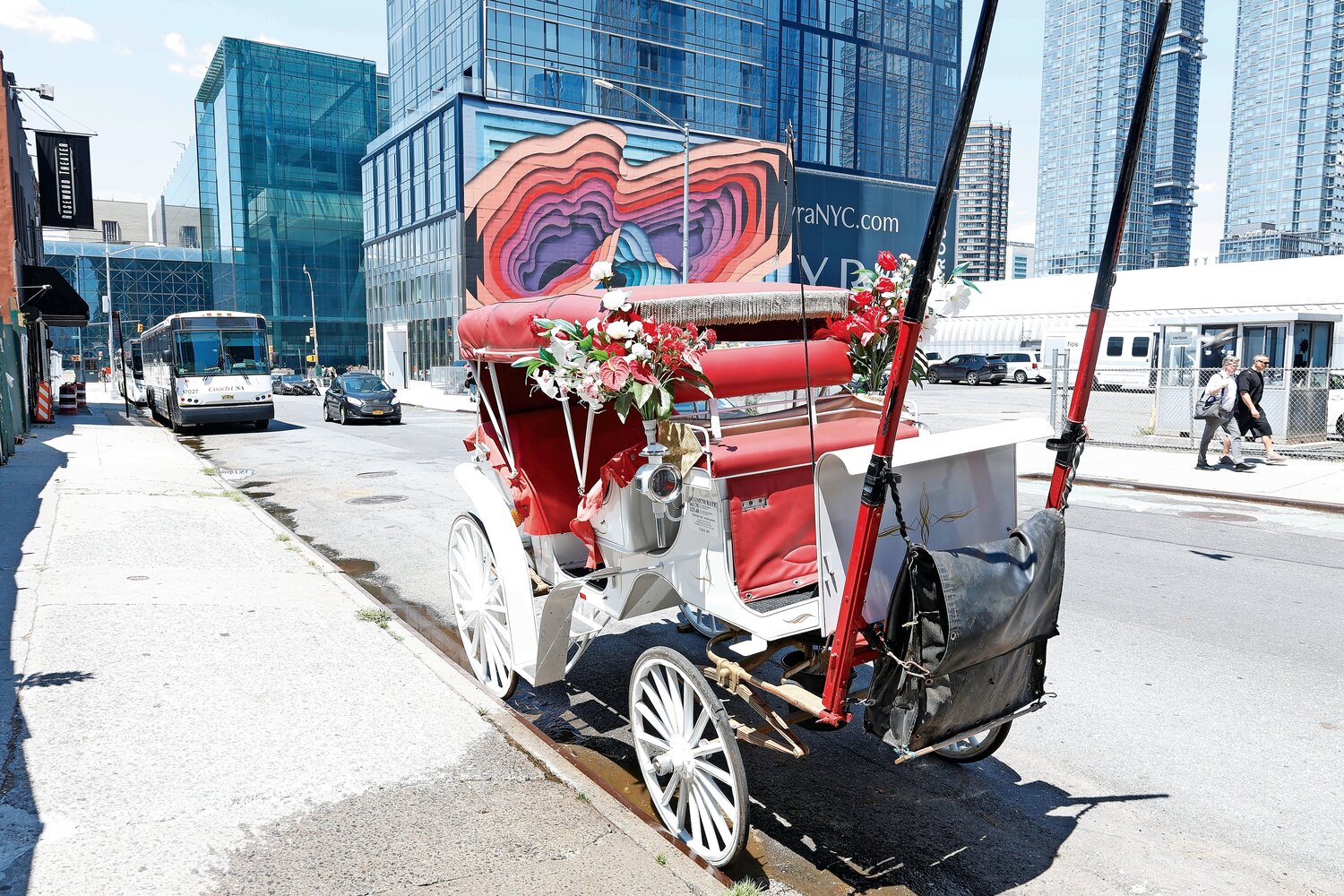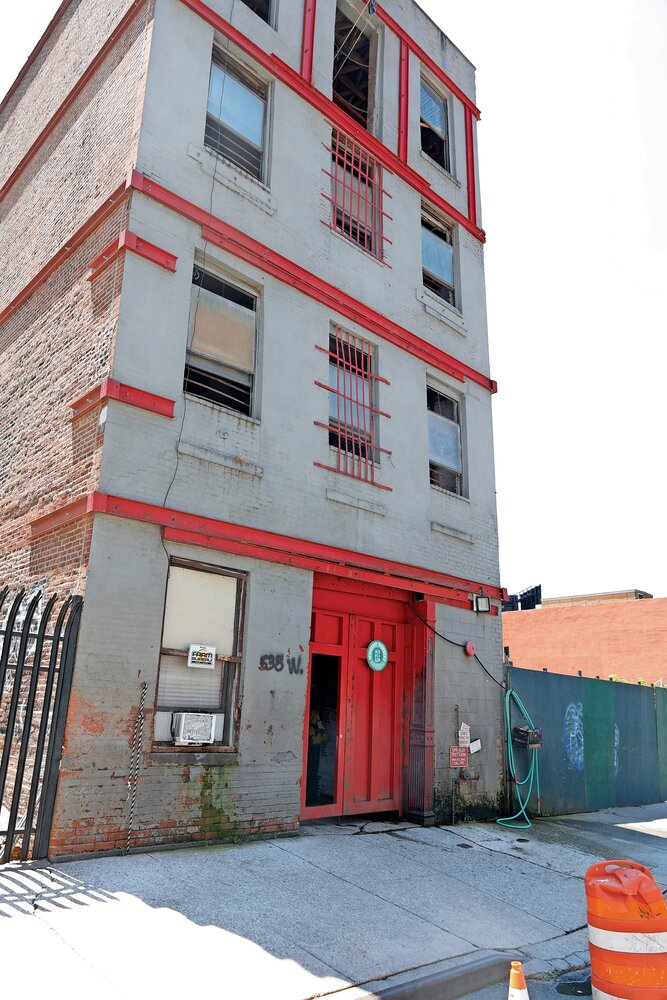Ryder's Law: New Yorkers push to ban horse carriages in NYC after tragic incident
Heatwave after record-breaking heatwave, concerned New Yorkers have sought lasting protection for some of the city’s most sun-sensitive residents: carriage horses.
In a 2022 incident that has since drawn international attention, a carriage horse named Ryder collapsed on a street in Hell’s Kitchen after walking for hours in 84-degree heat. It was later discovered Ryder was malnourished, likely had cancer, and was too old to work — his records had been falsified to state he was half his actual age.
A video of Ryder’s collapse went viral online, gaining the support of many celebrities and animal-rights activists. Though Ryder was transferred to a farm outside the city and later to an equine hospital, he died within months of his collapse.
Soon after, the Animal Legal Defense Fund proposed a new bill, Intro 967, or Ryder’s Law, which would permanently ban horse carriages from New York City. The bill has been co-sponsored by a lengthy list of councilmembers around the city, with activists encouraging the public to petition their legislators through any means possible.
Ryder’s handler, Ian McKeever, who faces misdemeanor charges for animal abuse, has continued operating with other horses in the meantime. McKeever’s arrest occurred in November 2023, but the case has been postponed multiple times and is now scheduled for this September. Even if found guilty, this doesn’t necessarily mean he would be removed from employment.
Edita Birnkrant, executive director of NYCLASS, an animal-advocacy organization, described the horse carriage industry as antiquated, with roots in the 1800s. According to the Animal Legal Defense Fund, more than 70 percent of New Yorkers support abolishing the industry, which has already been banned in major urban centers like London, Paris, Tokyo, Montreal and Los Angeles.
The horse carriage industry operates on a cash-only basis, which Birnkrant said allows a handful of owners to misclassify employees as independent contractors to avoid paying taxes or paying disability or unemployment benefits.
With increasing heat every summer, horse carriage drivers have been periodically out of work whenever temperatures surpass the legal limit for horse labor. This July, carriage horse drivers lost 11 consecutive workdays. For the horses, who have no way of cooling themselves, the unnatural surroundings and extreme heat create a hazardous environment even in permissible temperatures. The horses also lack access to resources such as pastures, clean air and interaction with other horses, all essential to their well-being as herd animals.
Instead, carriage horses are housed in solitary stalls in Midtown Manhattan stables and walk through the Lincoln Tunnel daily to Central Park. Even with blinders on, the chaotic stimuli of a congested city environment can cause horses to panic and behave unpredictably, sometimes leading to dangerous incidents for both the animals and their drivers.
While the heat of summer is most dangerous, horses work in all weather conditions year-round, no matter how slippery the streets become.
In a previous version of Ryder’s law, carriage horses would have been replaced by antique-style electric carriages, benefiting animal welfare, the environment, and the drivers who work in the industry, as these will be fully functional through any weather conditions. But, according to Riverdale author Marion Koenig, drivers rejected that proposal, so the latest verion would simply end the carriage industry in the city and offer drivers workforce retraiing.
“It’s very frustrating that our elected officials are not doing what the public wants,” Birnkrant said, “and are instead keeping animal cruelty viable when there are better alternatives.”
Koenig formerly lived in midtown Manhattan and said she would frequently witness the abuse of carriage horses firsthand. Yet it wasn’t until she moved to Riverdale when she became involved with NYCLASS and petitioning for Ryder’s Law.
As a community free of tourists and far from carriage-horse territory, Koenig wasn’t sure how many residents in the greater Riverdale area were aware of the issue “but ignorance shouldn’t be a reason a law isn’t passed to end abuse.”
Last August, Koenig circulated a petition for Ryder’s Law around Riverdale coffee shops, which gained more than 200 signatures. A month later, Birnkrant and Koenig met with Councilman Eric Dinowitz to ask him to back the legislation, showing him videos documenting the abuse of horses by carriage drivers.
Calls to Dinowitz for comment were unsuccessful at press time.
This story was updated Friday, Aug. 2, at 7:31 p.m.










